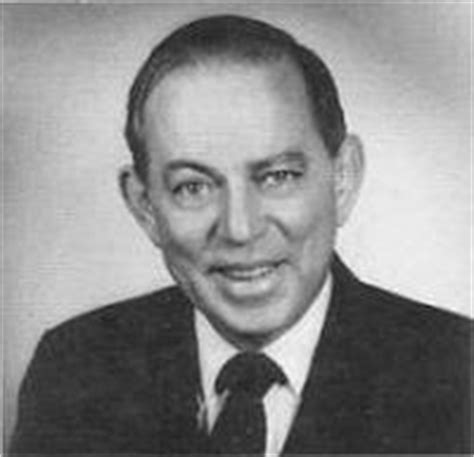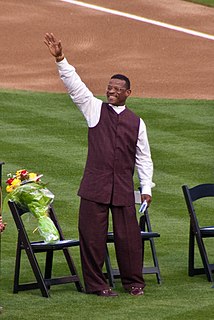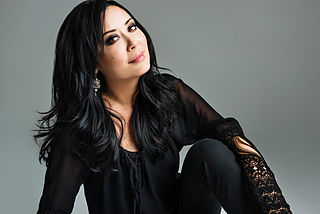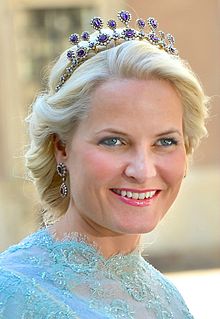A Quote by Ace Frehley
I never set my sights low. I've always believed most people are ruined by the limitations they put on themselves. I was never afraid to take that step, to see what I was capable of doing. Does luck play a role in success, particularly in a creative field? Sure it does. But if you don't have the balls to give it a shot, you're destined to fail.
Related Quotes
Remind yourself regularly that you are better than you think you are. Successful people are not superhuman. Success does not require a super-intellect. Nor is there anything mystical about success. And success isn't based on luck. Successful people are just ordinary folks who have developed belief in themselves and what they do. Never...yes, never...sell yourself short.
The model we established was to give creative people complete creative freedom in exchange for betting on themselves, so they work for the minimums you're allowed to work for, and if the movies work in a big way, everyone does very well. If the movies don't, nobody loses too much money. The benefit to doing all the movies low budget is we can tell different types of stories and take creative risks. The Purge would have been irresponsible to do for $20M, but to do it for $3M makes sense.
Many people are afraid to fail, so they don't try. They may dream, talk, and even plan, but they don't take that critical step of putting their money and their effort on the line. To succeed in business, you must take risks. Even if you fail, that's how you learn. There has never been, and will never be, an Olympic skater who didn't fall on the ice.
People really don't like to hear success explained away as luck — especially successful people. As they age, and succeed, people feel their success was somehow inevitable. They don't want to acknowledge the role played by accident in their lives. There is a reason for this: the world does not want to acknowledge it either. If you use better data, you can find better values; there are always market inefficiencies to exploit, and so on. But it has a broader and less practical message: don't be deceived by life's outcomes. Life's outcomes, while not entirely random, have a huge amount of luck baked into them. Above all, recognize that if you have had success, you have also had luck — and with luck comes obligation.
In general, I feel, or I have come to feel, that the richest writing comes not from the people who dedicate themselves to writing alone. I know this is contradicted again and again but I continue to feel it. They don't, of course, write as much, or as fast, but I think it is riper and more satisfying when it does come. One of the difficulties of writing or doing any kind of creative work in America seems to me to be that we put such stress on production and material results. We put a time pressure and a mass pressure on creative work which are meaningless and infantile in that field.
I always hope that readers, of my books, will take away whatever is most meaningful to them wherever they are at right now. It might be the message of love. Or what it means to really live. Or the role that emotion does - or does not play - in our lives. But I think ultimately, the thing I took away was the idea of surrender to God.
I've never felt like a trophy wife. I have been able to learn a lot in my role. The fact that you do not have any formal powers does not mean that one does not have a good starting point to give their opinion on important value questions. I really feel that I can put the spotlight on many issues that are important in Norwegian society. And I am very happy.




































